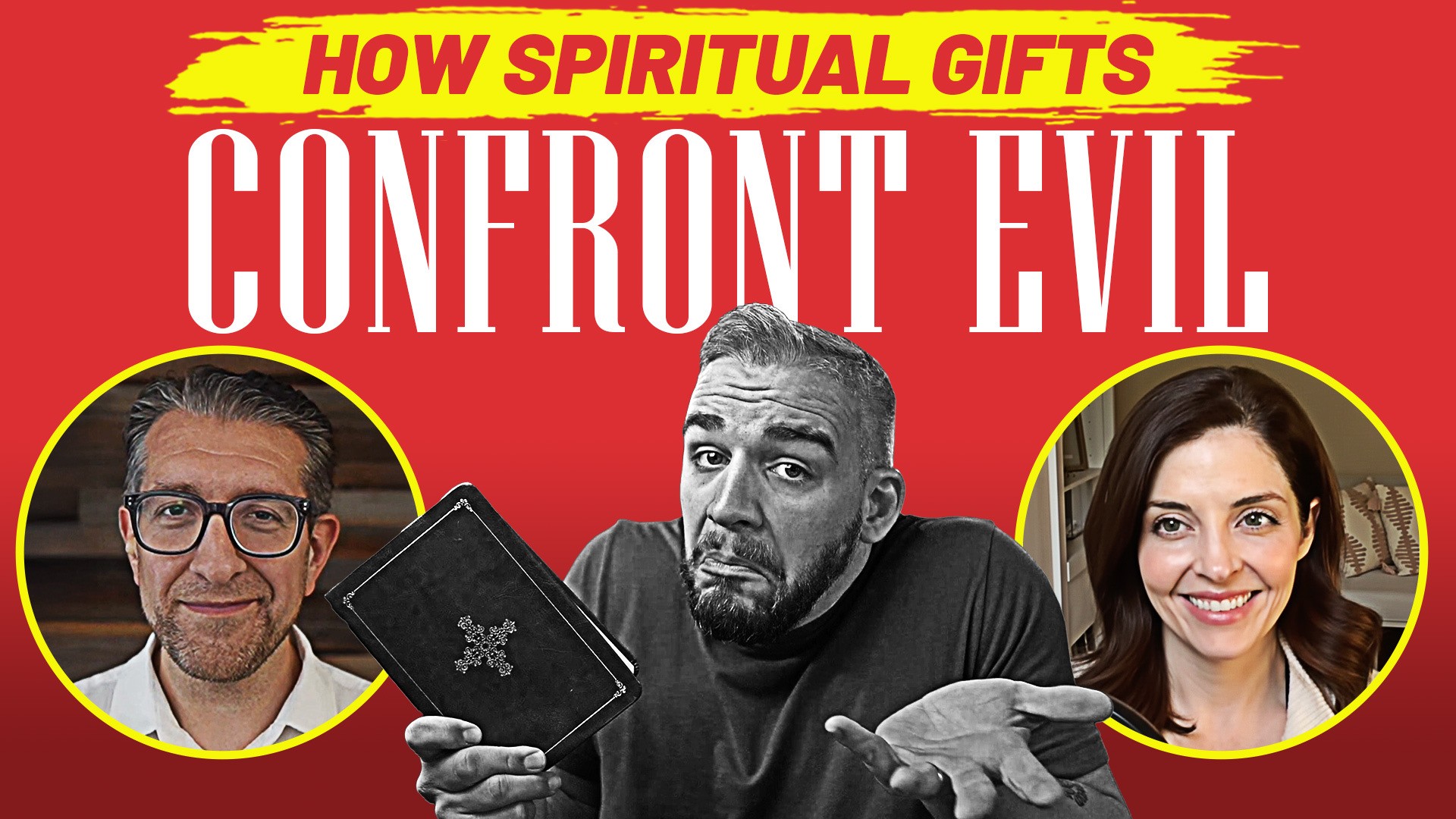Understanding Islam: Its Story, Its Beliefs, and How to Share Christ
Is Islam a religion of peace? Or does it promote global subjugation? Christian Apologist David Wood joins Remnant Radio to unpack the real story behind Islam and equip Christians to engage in meaningful conversations with Muslims.
Transcript Summary
David Wood, a former atheist turned Christian apologist specializing in Islamic studies, shared his journey and methodology for engaging with Muslim friends and neighbors. Wood’s transformation from atheism to Christianity began when a persistent Christian challenged him to investigate the faith, leading him down a path that would eventually focus on Islamic apologetics after his Muslim best friend converted to Christianity.
Wood emphasized that effective Christian engagement with Islam requires understanding both the religion’s core tenets and its historical development. Islam, founded by Muhammad around 570 AD in Mecca, presents itself as the third installment in God’s revelation following Judaism and Christianity. Muslims believe in submission to Allah, with the word “Islam” literally meaning submission, while “Muslim” means “one who submits.” However, Wood pointed out that this submission isn’t merely to God but specifically to everything Muhammad commanded, creating a convenient package where the revelation receiver also becomes the ultimate human authority.
The religion’s foundational practices include five daily prayers, alms-giving (zakat), and pilgrimage to Mecca (hajj), while core beliefs center on monotheism, prophetic succession, and revealed books. The Quran serves as Islam’s primary text, claimed to be Allah’s direct speech with Muhammad functioning merely as a messenger. However, many Islamic practices actually derive from hadith collections—vast compilations of Muhammad’s sayings and actions—rather than the Quran itself.
Wood addressed the controversial topic of jihad, explaining that while some Muslim apologists claim it refers only to internal spiritual struggle, the Quran clearly commands physical warfare against non-believers. Surah 9:29 explicitly calls for fighting “those who do not believe in Allah,” specifically targeting Jews and Christians for subjugation and tribute payment. Wood outlined Islam’s three-stage approach to jihad: promoting peace when Muslims are minorities, defensive fighting when they have moderate numbers, and offensive conquest when they achieve dominance.
The historical pattern of Islamic expansion followed Muhammad’s model, with the religion spreading rapidly through conquest across the Arabian Peninsula, into India eastward, and across North Africa into Europe westward. The dissolution of the Ottoman Empire’s caliphate in 1923 created a crisis for Muslim identity, leading to various responses including modernization attempts and fundamentalist movements like the Muslim Brotherhood and Iranian revolution.
For practical Christian engagement, Wood recommended a patient, investigative approach rather than confrontational debate. He suggested beginning conversations by simply asking Muslims about their beliefs—what they think about God, Jesus, Muhammad, the Bible, and the Quran. Most Muslims welcome such discussions, viewing them as opportunities to share their faith. The key transition comes when moving from “what” questions to “why” questions, discovering the specific reasons individuals believe Islam is true.
Wood’s most powerful apologetic tool addresses the common Muslim claim that the Bible has been corrupted while the Quran remains perfectly preserved. He demonstrated that both claims are demonstrably false through Islamic sources themselves. The Quran actually affirms the inspiration, preservation, and authority of Jewish and Christian scriptures, commanding believers to judge by their own books rather than converting to Islam. Passages like Surah 5:47 command Christians to judge by the Gospel, while Surah 10:94 tells Muhammad to consult “those who read the book before you” when doubting his revelations.
This creates what Wood calls the “Islamic Dilemma”: either Christians possess the inspired, preserved, authoritative word of God (making Islam false because it contradicts the New Testament), or Christians don’t possess God’s word (making Islam false because the Quran affirms Christian scriptures). Either way, Islam faces an insurmountable logical contradiction.
Wood also addressed Muhammad’s character, noting troubling spiritual and moral issues throughout his life. Muhammad initially believed his revelations were demonic, attempted suicide, and couldn’t distinguish between divine and satanic revelations. Morally, Muhammad married and consummated a relationship with nine-year-old Aisha, took his adopted son’s wife after seeing her nearly naked, and received convenient revelations permitting behaviors forbidden to other Muslims.
The conversation highlighted Christianity’s unique evidential foundation compared to Islam’s claims. While Islamic arguments consistently collapse under investigation, Christian claims—particularly regarding Jesus’s resurrection—gain strength through scholarly examination. Even atheist and agnostic scholars acknowledge the basic historical facts necessary to build a case for the resurrection: Jesus’s death by crucifixion and his followers’ sincere belief in his post-death appearances.
Wood emphasized that effective Islamic apologetics requires patience, preparation, and genuine care for Muslim individuals. Many Muslims have never encountered the historical problems within their own sources or the logical contradictions in their fundamental claims. By approaching conversations with humility and genuine curiosity, Christians can create opportunities for Muslims to investigate their faith critically, often leading to the “light switch moment” when they realize they haven’t been told the complete truth about their own religion.
The discussion concluded with encouragement for Christians to investigate both the evidence for Christianity and the claims of other worldviews. Unlike Islamic arguments that quickly crumble under scrutiny, Christian claims about Jesus’s life, death, and resurrection grow stronger through careful historical investigation, providing a solid foundation for both personal faith and evangelistic engagement with Muslim friends and neighbors.



